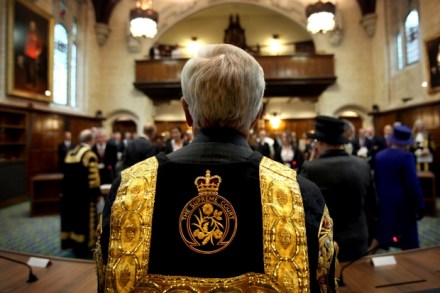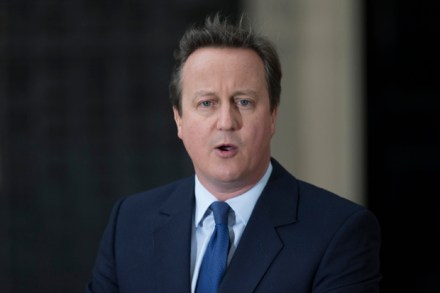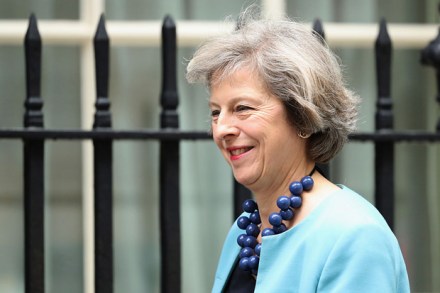The Spectator’s Notes | 12 January 2017
At the Golden Globes ceremony, Meryl Streep attacked Donald Trump because he ‘imitated a disabled reporter’. ‘When the powerful use their position to bully others, we all lose,’ she added. It has not been explained over here that hers is a disputed version of what happened. The controversy began in November 2015, when Trump, campaigning,




















